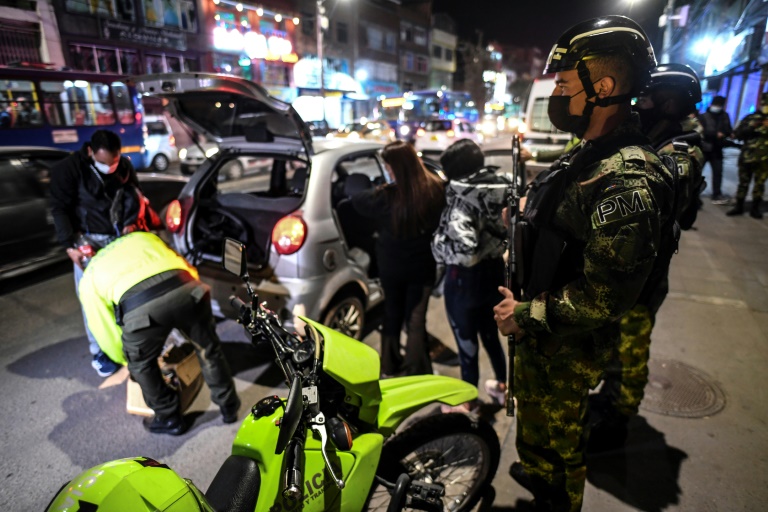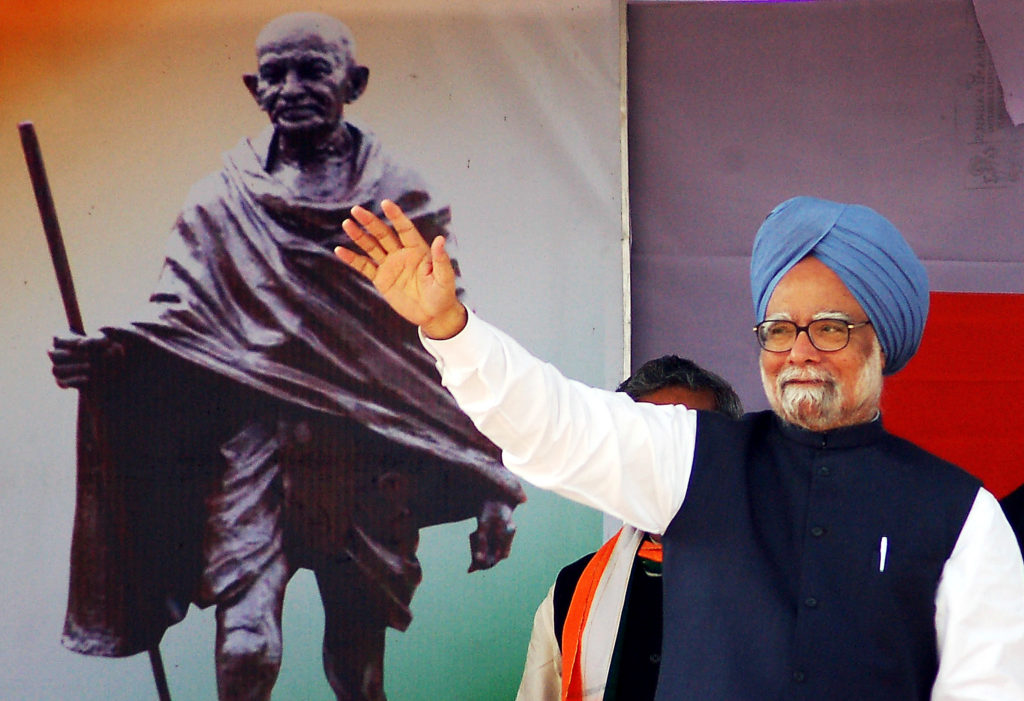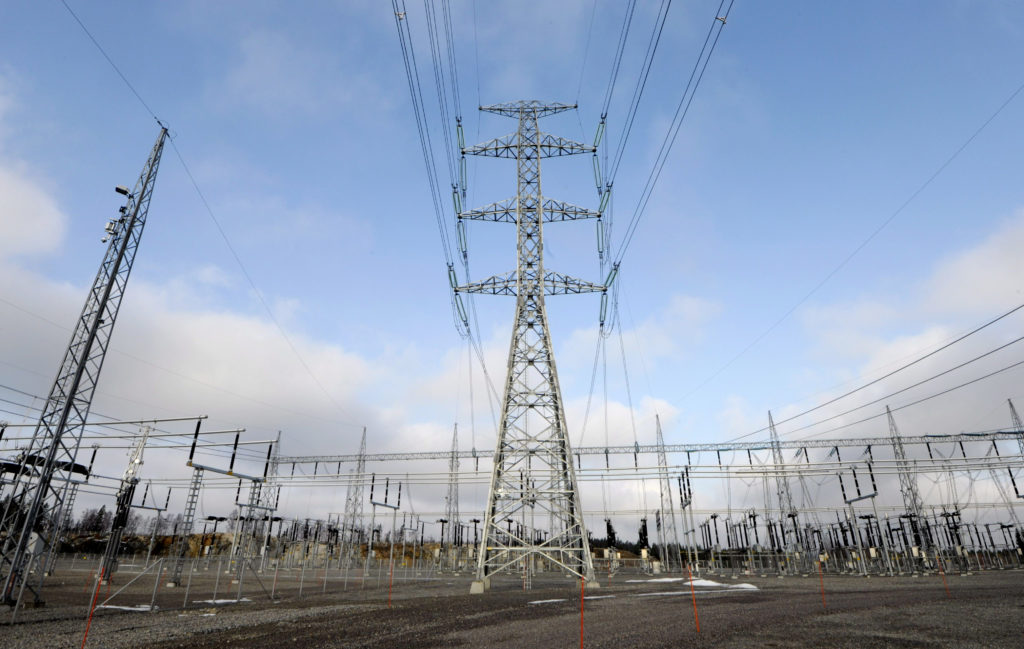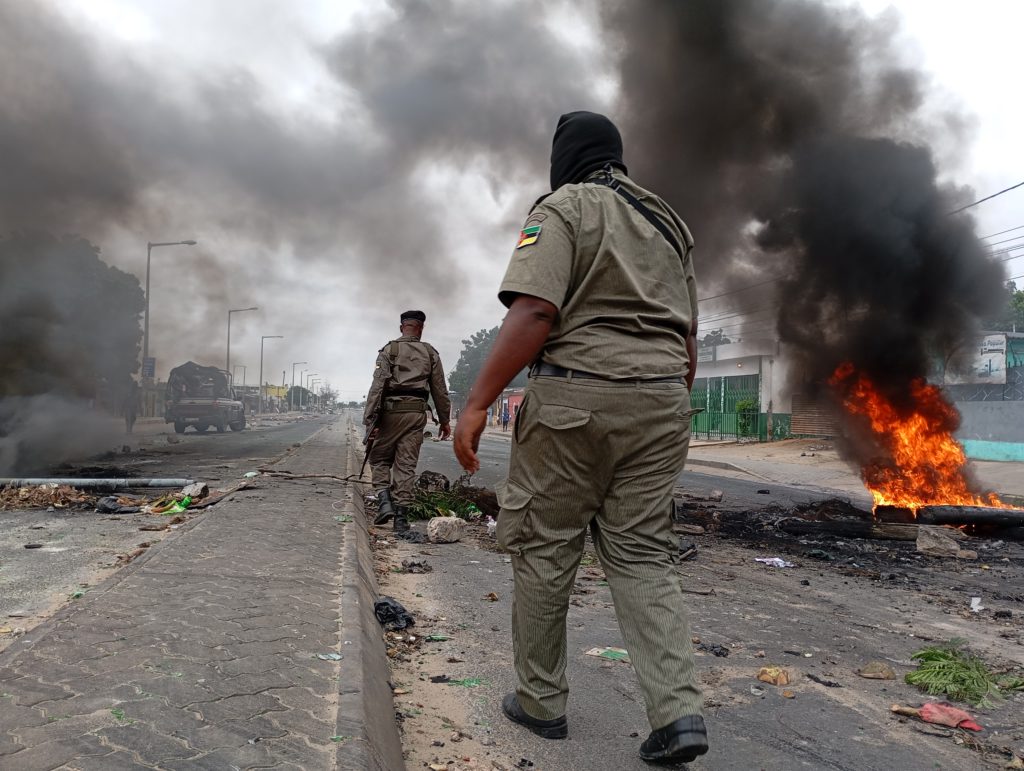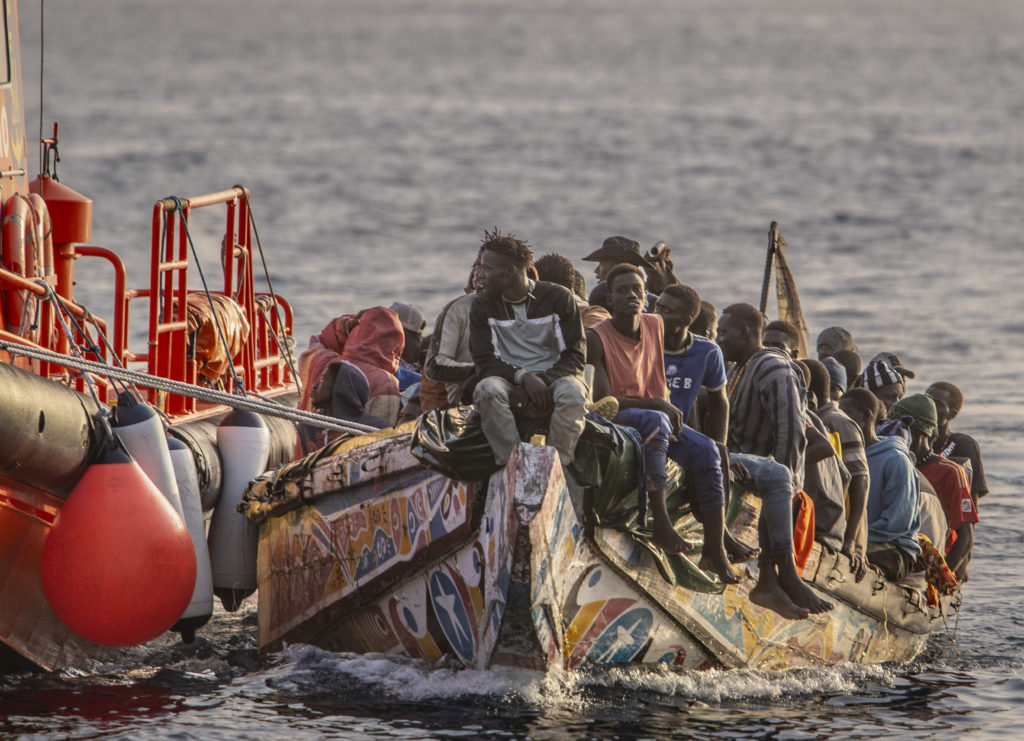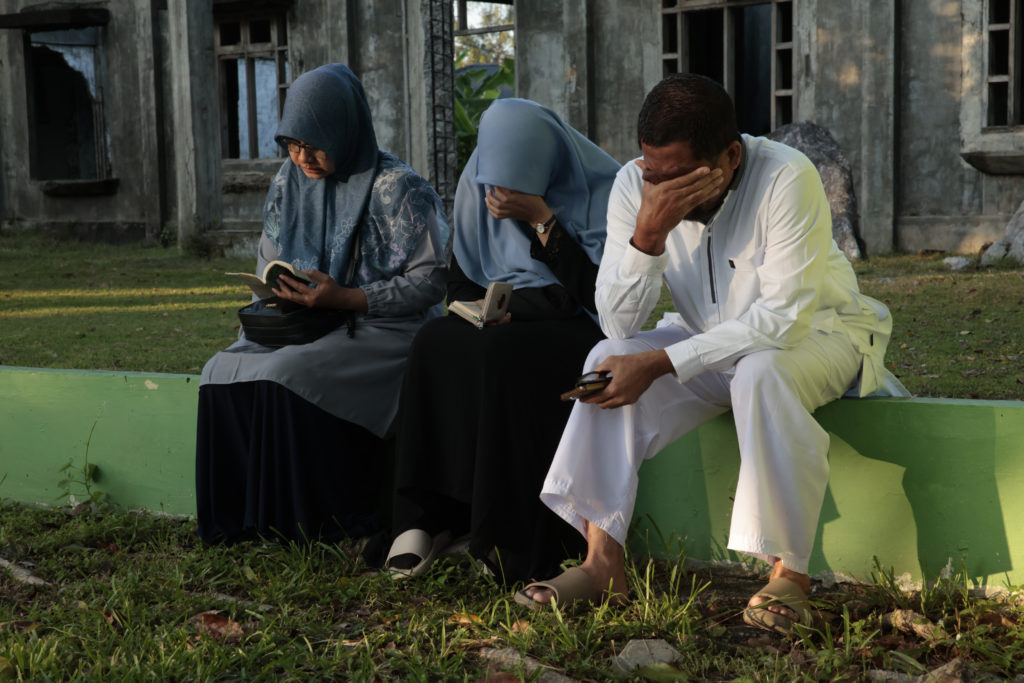Hundreds of soldiers have been deployed to patrol the streets of Bogota in support of police battling a wave of violent, sometimes deadly, armed robberies, authorities said.
The deployment late Wednesday was in response to an appeal by Mayor Claudia Lopez for reinforcements, and comes as Colombia experiences its most violent period since a 2016 peace deal with leftist rebels ended decades of armed conflict.
Nearly 360 soldiers were sent to different spots around town in support of the police, according to Defense Minister Diego Molano.
In one of their first tasks, the troops entered three poor neighborhoods of Bogota, including the notorious Kennedy suburb, known for its high crime rates and insecurity.
They will check people’s identity documents, and search vehicles and suspicious individuals, said General David Gomez, an army commander.
The soldiers will be armed and have powers of arrest, added Molano.
“Criminality and violence have increased” in Bogota in recent months, said the minister, blaming a rise in unemployment and poverty and the “psychological and cultural” consequences of months of coronavirus confinement.
With poverty levels at more than 40 percent and nearly one in five people unemployed, Colombia was hard hit by the global epidemic, and Bogota’s economic activity has slowed considerably.
– ‘Authoritarian’ –
According to city hall, Bogota needs about 10,000 police in addition to the 16,000 it has today.
So far this year, the city of some eight million people has registered 754 murders and more than 65,000 robberies.
For 2020, there were 1,031 registered murders and more than 81,000 robberies.
The presence of soldiers in the streets of the capital is not new: in May, the military was deployed to Bogota and other cities to support a police response to protests against the government of President Ivan Duque that were brutally put down.
More than 60 people were killed in weeks of clashes and a clampdown by the armed forces condemned by the UN, United States, European Union and international rights groups.
Domestic military deployment is controversial in a country emerging from decades of war that officially ended with a peace accord in 2016, though the ELN rebel group and dissident FARC guerrillas continue fighting in parts of the country.
“We cannot fall into desperate and fear-based measures,” Bogota city councilor Diego Cancino told AFP in response to the latest move he described as “authoritarian”.
“Militarization or deterrence?” asked the El Espectador daily.
Lopez agreed that “the army cannot replace the constitutional functions of the police” but said the latest deployment was “a matter of supporting our metropolitan police.”

